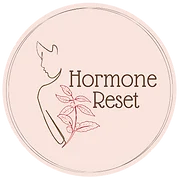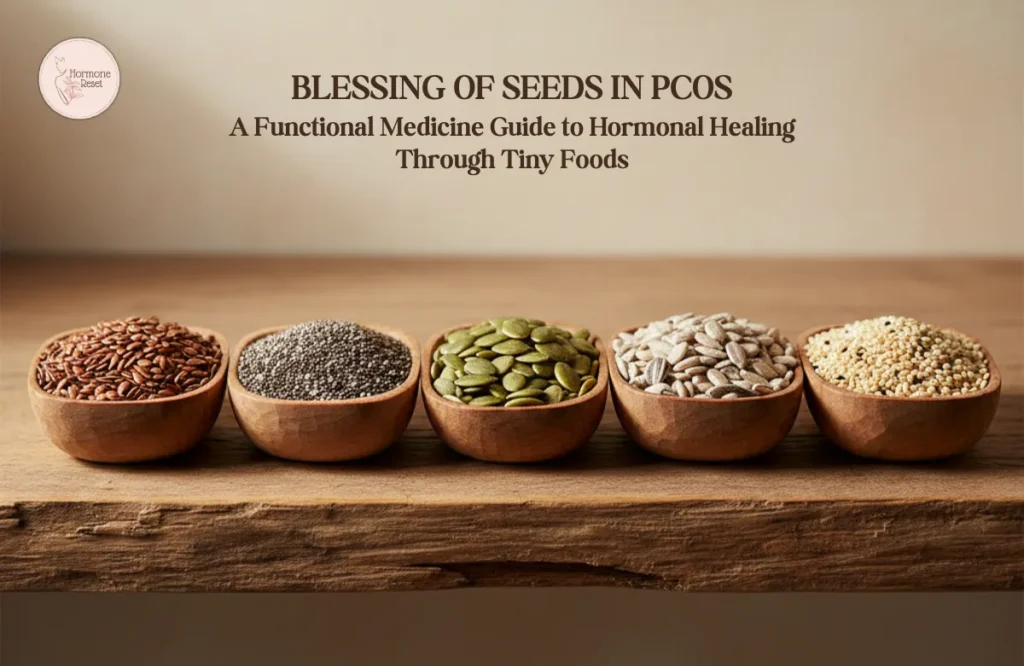Introduction: As we age, maintaining good health becomes increasingly important. One often overlooked compound that plays a significant role in supporting the well-being of elderly individuals is taurine.
Taurine, an amino acid-like compound, is involved in various physiological processes and has been linked to several health benefits. In this blog post, we will explore the importance of taurine for the health of elderly people and how it can contribute to their overall well-being.
1. Cardiovascular Health: Cardiovascular diseases are a major concern among the elderly population. Taurine has shown promising effects in supporting heart health. It helps regulate heart rhythm, enhances the contractility of the heart muscle, and acts as a vasodilator, promoting healthy blood pressure levels. By incorporating taurine into their diet or through supplementation, seniors can potentially reduce the risk of heart-related complications and maintain a healthy cardiovascular system.

2. Cognitive Function: Preserving cognitive function is crucial for maintaining independence and quality of life in older adults. Taurine plays a role in neurotransmitter regulation, supporting optimal brain function. It helps modulate the balance between excitatory and inhibitory neurotransmitters, thus promoting cognitive health. Research suggests that taurine supplementation may help improve memory, focus, and overall cognitive performance in the elderly.
3. Eye Health: Age-related vision problems, such as macular degeneration and cataracts, are common concerns for the elderly. Taurine, being highly concentrated in the retina, contributes to maintaining good eye health. Its antioxidant properties help protect retinal cells from oxidative stress and damage, reducing the risk of age-related eye conditions. By ensuring adequate taurine intake, seniors can support their visual health and potentially preserve their vision.
4. Liver Function and Health: Taurine is involved in the synthesis of bile salts in the liver. We know that bile salts are necessary for the digestion and absorption of dietary fats. Taurine conjugates with bile acids to form bile salts, which are then released into the intestines to aid in the breakdown and absorption of fats and fat-soluble vitamins. Bile performs many other lesser known yet highly important roles in the body like regulating pH of small intestine, regulating overgrowth of microorganisms through its antimicrobial action, lipid regulation, etc.
5. Muscle Function and Mobility: Maintaining muscle mass and strength is crucial for elderly individuals to maintain their independence and mobility. Taurine has been found to have positive effects on muscle function. It helps improve muscle contractility, reduce muscle damage caused by exercise or age-related factors, and supports overall muscle health. By incorporating taurine into their diet or through supplementation, seniors may experience improved muscle strength and endurance, thus promoting their ability to perform daily activities with ease.
6. Antioxidant Defense: Ageing is associated with increased oxidative stress, which can contribute to cellular damage and the development of chronic diseases. Taurine acts as a potent antioxidant, helping to neutralize free radicals and protect cells from oxidative damage. By bolstering the body’s antioxidant defenses, taurine can potentially reduce the risk of age-related diseases and promote healthy ageing.

7. Metabolic Function: Taurine has been shown to have a role in glucose regulation and insulin sensitivity. It may help improve glucose tolerance, reduce insulin resistance, and support healthy metabolic function, potentially benefiting individuals with diabetes or metabolic syndrome.
Conclusion: Incorporating taurine into the diet or through supplementation can be a valuable strategy for supporting the health and well-being of elderly individuals. From cardiovascular health to cognitive function, eye health, muscle function, and antioxidant defence, taurine plays a vital role in promoting healthy ageing. However, it is essential to consult with healthcare professionals before initiating any supplementation regimen, as individual needs may vary. By recognizing the importance of taurine and taking steps to ensure its sufficient intake, elderly individuals can proactively support their health, vitality, and overall quality of life.
- Taurine Supplementation and Cardiovascular Diseases in Humans [Link: https://www.ncbi.nlm.nih.gov/pmc/articles/PMC3501277/]
- Taurine Improves Cognitive Function in Elderly [Link: https://pubmed.ncbi.nlm.nih.gov/23816330/]
- Taurine and Age-Related Macular Degeneration [Link: https://www.ncbi.nlm.nih.gov/pmc/articles/PMC3922271/]
- Taurine Improves Muscle Function in the Elderly [Link: https://pubmed.ncbi.nlm.nih.gov/28076494/]
- Taurine as an Antioxidant in Ageing [Link:https://pubmed.ncbi.nlm.nih.gov/15621530/]
Share





Leave a Reply